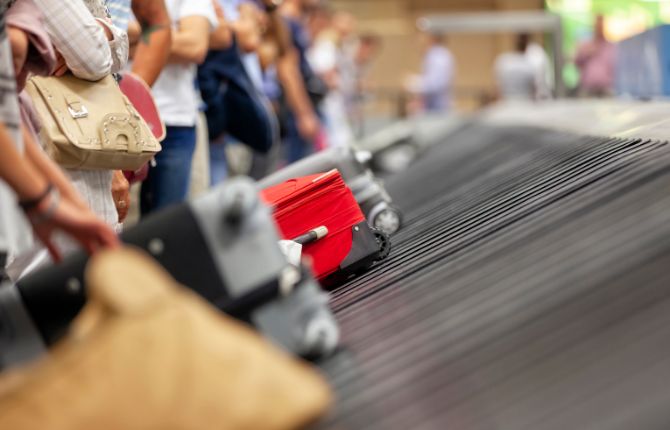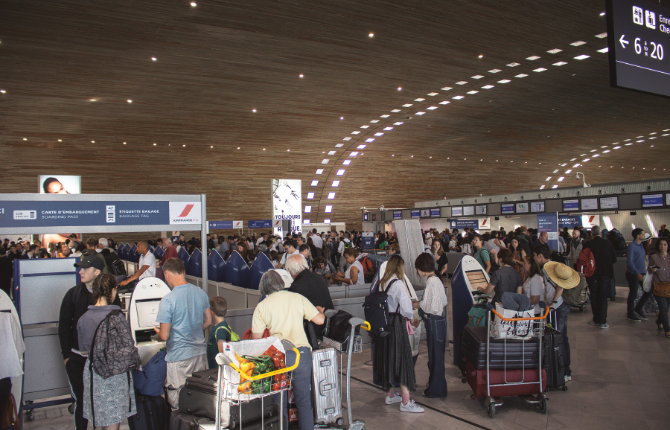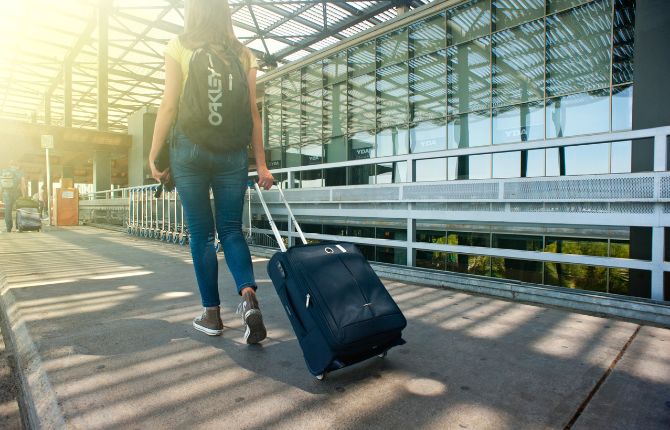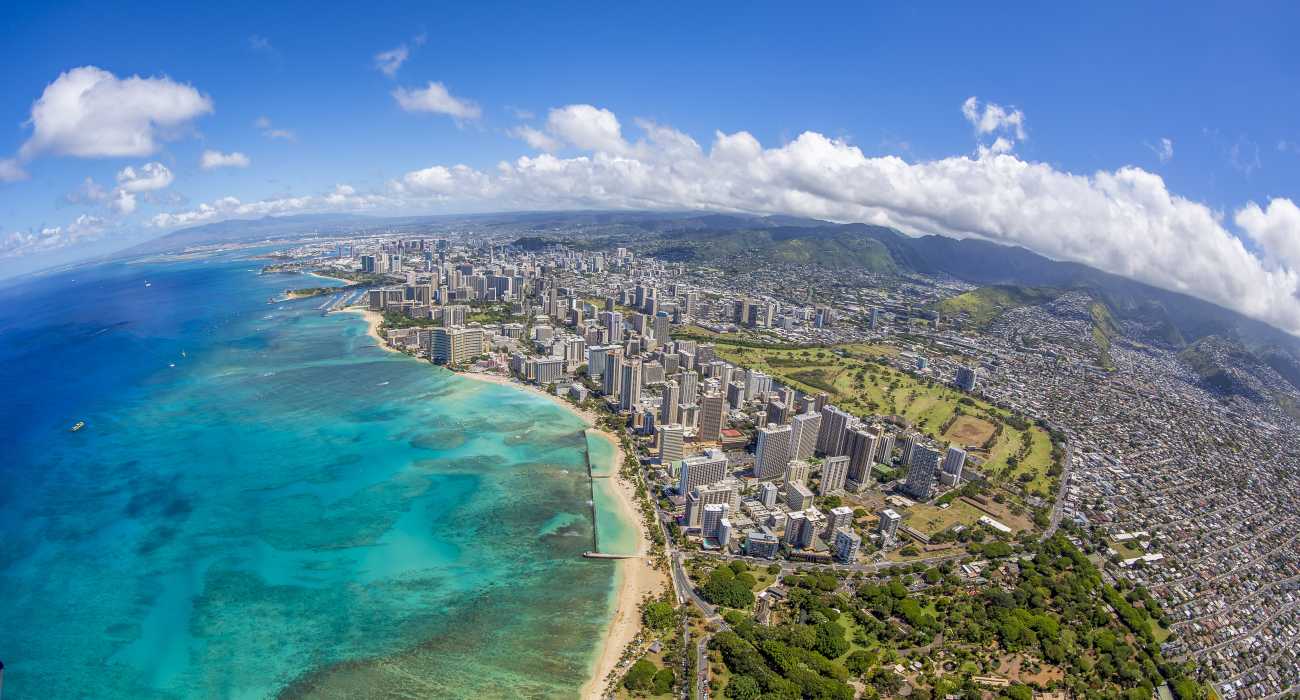Going through TSA security at the airport can feel like a daunting task, especially if you’re unfamiliar with the rules. However, by understanding a few essential things about the Transportation Security Administration (TSA) and its procedures, you can breeze through the checkpoint with minimal stress. This article will guide you through everything you need to know about TSA security essentials, from what you can bring to how to make the process as smooth as possible.
TSA Security Essentials
What Does TSA Stand For?
TSA stands for Transportation Security Administration, a U.S. government agency created in response to the tragic events of September 11, 2001. Its mission is to protect the nation’s transportation systems and ensure safe travel for passengers across the U.S.
The Role of TSA in Air Travel
TSA’s primary role is to safeguard passengers and airlines by preventing prohibited items from making it onto planes. This includes screening passengers, inspecting baggage, and making sure that the overall security of the airport remains intact. TSA agents play a vital role in ensuring that the skies remain safe.
Understanding TSA Screening Procedures
At TSA checkpoints, passengers undergo security screening to ensure they aren’t carrying dangerous items. Understanding the different procedures can help you avoid surprises and navigate the process more efficiently.
TSA PreCheck vs. Standard Screening
If you’re looking to save time, TSA PreCheck is a worthwhile investment. TSA PreCheck members don’t have to remove shoes, laptops, liquids, belts, or light jackets, making the screening process quicker. Standard screening, however, requires all passengers to follow the regular protocols, which include removing these items and going through more rigorous checks.
The Importance of TSA Pat-Downs
Sometimes, even after going through the metal detector or body scanner, you may need to undergo a TSA pat-down. This can happen for various reasons, such as if the scanner detects an anomaly. It’s a thorough process but ensures that no harmful items go undetected.
What is Allowed and Prohibited When Passing Through TSA Security
One of the biggest concerns for travelers is knowing what’s allowed through TSA checkpoints. Not all items are permitted, and bringing prohibited ones can result in delays or fines.
Liquids, Gels, and Aerosols: The 3-1-1 Rule
One of the most talked-about TSA regulations is the 3-1-1 rule, which limits the amount of liquids, gels, and aerosols you can bring in your carry-on. Each passenger is allowed to bring containers of 3.4 ounces (100 milliliters) or less, all fitting inside one quart-sized, clear plastic bag.
Items That Are Always Prohibited
TSA has a strict list of items you can’t bring through security, including firearms, explosives, and large knives. Even certain sports equipment, like baseball bats, are banned from carry-ons. It’s essential to review the TSA’s list of banned items before you start packing.
TSA Approved Identification: TSA Security Essentials
Before you can even get to the screening process, you’ll need to present a valid form of identification. TSA accepts several types of ID, including driver’s licenses, state-issued ID cards, and passports. If you forget your ID, there are protocols in place to verify your identity, but it may delay your travel plans.
How to Get Through TSA Quickly
To expedite your TSA experience, it’s all about preparation. Being organized and familiar with the process will help you avoid any last-minute hiccups.
Preparing Your Carry-On Luggage
Make sure all your liquids are within the 3-1-1 rule and easily accessible for inspection. Keep laptops and larger electronics in a separate pocket so you can quickly place them in a bin.
Tips for Families with Young Children
Traveling with children can make TSA screening a bit more challenging. Families are usually allowed to keep children in strollers until they reach the scanner. Also, baby food and formula are exceptions to the 3-1-1 liquid rule, though they will need to be inspected.
TSA Rules for International Travelers
International travelers have a few extra rules to keep in mind. For instance, certain countries may have stricter regulations on prohibited items or may require additional screening processes. It’s important to research these rules before heading to the airport.
TSA and Medical Devices: What You Should Know
Passengers with medical devices, such as pacemakers or insulin pumps, may have to undergo additional screening. Always inform TSA officers of any medical conditions and request alternative screening methods if necessary.
TSA and Electronic Devices: What to Expect
You need to take out larger electronics like laptops and tablets from your bag and place them in a separate bin for screening. Smaller electronics, like phones and cameras, generally stay in your carry-on, but they may need to be powered on during inspection.
Laptops and Tablets
Due to their size, TSA requires all laptops and tablets to be screened separately. Have them ready for inspection to avoid delays.
Phone Scanning at TSA Checkpoints
Phones usually don’t require the same scrutiny as larger electronics but be prepared to take your phone out of your pocket and place it in the bin with other personal items.
The Future of TSA Security: Advanced Screening Technology
TSA is always innovating, and advanced technologies such as 3D scanners and biometric screening are the future of airport security. These advancements aim to enhance both safety and the efficiency of the screening process.
TSA Security Essentials
TSA’s Role in Ensuring Air Travel Safety
TSA’s top priority is ensuring that all passengers travel safely. Their layered security approach, which includes visible and behind-the-scenes methods, plays a critical role in preventing any potential threats.
TSA Myths Debunked
There are plenty of misconceptions about TSA procedures, such as the belief that TSA agents can arrest passengers. While they play an important security role, TSA agents do not have the authority to arrest; they coordinate with law enforcement if necessary.
TSA’s Response to the COVID-19 Pandemic
TSA has adapted its procedures in response to the COVID-19 pandemic, implementing new safety measures such as physical distancing, increased cleaning protocols, and the use of PPE by officers to ensure passenger safety.
There are several things that the TSA doesn’t openly share with the public. From time-saving tricks to how their systems really work, there are secrets that could make your airport experience smoother if you knew about them. Here are a few TSA secrets that they don’t want you to know.
1. PreCheck Doesn’t Always Guarantee a Faster Line
While TSA PreCheck is marketed as a way to speed through security, it’s not always a golden ticket. Sometimes, regular lines move faster, especially during off-peak hours. TSA agents also randomly select travelers for additional screening, even if they have PreCheck, so don’t rely entirely on it for skipping lines.
2. The TSA Doesn’t Check Every Bag Thoroughly
Despite the perception that every bag is thoroughly examined, in reality, many bags pass through scanners without close scrutiny. The system uses algorithms to flag items for closer inspection, but if your bag doesn’t raise any red flags, it might not receive a second glance.
3. You Can Bring More Liquids Than You Think
While the TSA’s 3-1-1 rule for liquids (3.4 ounces per container, one quart-sized bag per passenger) is strictly enforced, there are exceptions. You’re permitted to carry larger quantities of medications, baby formula, and breast milk. You just need to declare them at the security checkpoint.
4. Full-Body Scanners Don’t Show All Details
Many travelers are uncomfortable with the idea of full-body scanners revealing too much. But the truth is, these scanners aren’t as invasive as you might think. The images are designed to highlight potential threats while minimizing personal details. In fact, the TSA agents viewing the scan don’t even see your face.
5. TSA Agents Can Miss Things
Even though the TSA works hard to ensure security, human error happens. Internal tests have shown that TSA agents sometimes miss dangerous items during screenings. These lapses are rare, but they serve as a reminder that no system is foolproof.
6. You Can Politely Decline a Full-Body Scan
If you’re uncomfortable with the full-body scanner, you have the right to opt for a manual pat-down instead. The TSA is required to accommodate this request, and though it may take a little longer, some travelers prefer this option for privacy reasons.
7. TSA Agents Are Watching Your Behavior
It’s not just what’s in your bag that the TSA is interested in – they’re also watching your behavior. TSA agents are trained to look for signs of nervousness or suspicious behavior, a tactic known as behavior detection. While this isn’t always foolproof, it’s one of the ways they try to prevent potential threats.
8. Some Items Get Confiscated for No Good Reason
Even if you follow all the TSA rules, agents have some discretion over what they allow through security. This means that sometimes perfectly legal items can be confiscated. If this happens to you, it’s often easier to let it go rather than argue, but you can always request to speak with a supervisor.
9. You Can Bring Your Own Food
Many travelers think they’re limited to whatever food is sold at the airport, but you can bring your own snacks through security as long as they’re not liquids or gels. This can save you a lot of money, as airport food prices are notoriously high.
10. TSA Agents Don’t Have Arrest Powers
TSA agents can detain you for suspicious activity, but they don’t have the authority to make arrests. Instead, they call law enforcement if an arrest is necessary. This means that while they can stop you from boarding a flight, they rely on police to take legal action.
FAQs
What happens if I forget my ID?
If you forget your ID, TSA may allow you to go through additional identity verification. However, this process can take extra time, so always bring a valid ID to avoid delays.
Can I bring snacks through TSA?
Yes, you can bring snacks in your carry-on as long as they aren’t liquid based. Packaged snacks are usually fine, but any liquids or gels must adhere to the 3-1-1 rule.
Is TSA PreCheck worth the cost?
For frequent travelers, TSA PreCheck can be a worthwhile investment. It speeds up the security process and saves you from removing shoes, belts, and laptops.
How long does TSA screening usually take?
On average, TSA screening takes about 15-30 minutes, but during busy times like holidays, it can take longer. Arrive early to avoid stress.
What do I do if I have TSA-related issues at the airport?
If you encounter any problems, speak to a TSA supervisor or officer. They can help resolve issues or clarify procedures.
Can I request a pat-down instead of a full-body scan?
Yes, you can request a manual pat-down if you are uncomfortable with the scanner.
What happens if the TSA finds something suspicious in my bag?
If the TSA finds something suspicious, your bag will be subject to further inspection, and you may be asked questions about the item.
Does PreCheck guarantee I won’t get additional screening?
No, TSA PreCheck doesn’t guarantee that you won’t be selected for additional screening.
What should I do if the TSA confiscates something I believe is allowed?
You can politely request to speak with a supervisor if you believe an item was wrongly confiscated.
Can TSA agents arrest passengers?
No, TSA agents don’t have arrest powers, but they can detain passengers until law enforcement arrives.
TSA Security Essentials










